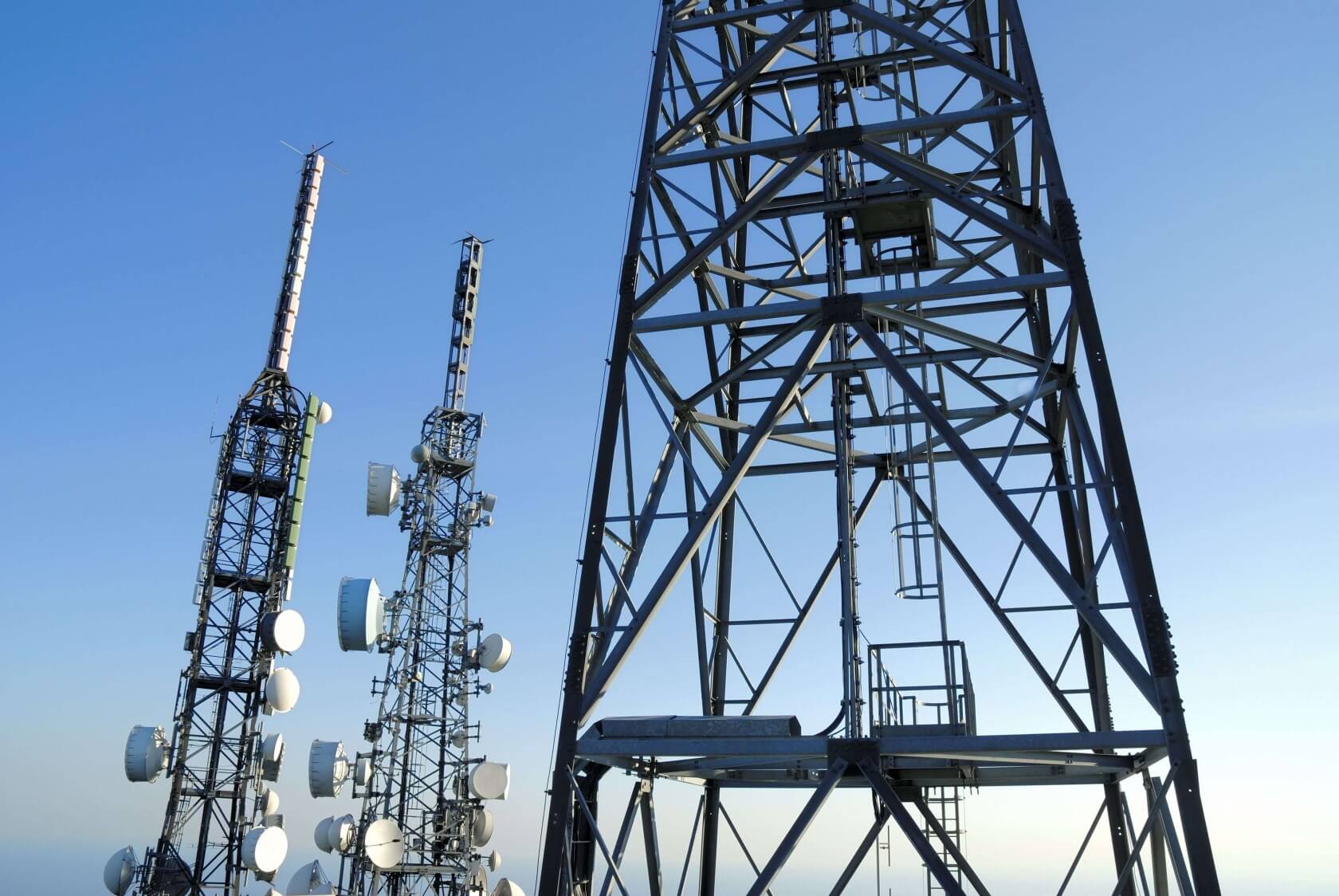
After being caught playing ringing sounds to customers on outgoing calls that never actually connected, T-Mobile has agreed to settle with the FCC for $40 million. Customers were lead to believe that their calls were going through, when in reality the calls never caused the receiving phones to ring.
T-Mobile has fully admitted that it violated FCC regulations preventing such practices and that no actions were taken to fix the issue. In a statement from the FCC, it is reported that T-Mobile has used fake ringing sounds on hundreds of millions of phone calls. The practice of using false ring tones has been banned since 2014.
Dialing a number and hearing endless ringing on the other end can make it appear as though a call is completed but that there is nobody on the other end of the line to pick up. By implementing the falsified sound indicating connection, many T-Mobile customers will hang up instead of waiting for the call to actually make a complete connection.
In rural areas where T-Mobile does not have its own towers to provide service, regional providers can charge higher rates for use of their networks. Upon customers hanging up their phones, T-Mobile was able to save on service fees that would be paid to the local providers.
Lack of cellular access for rural areas can lead to lost revenue for local businesses and even pose safety hazards in the event of an emergency. For existing customers, there is no consolation other than knowing that T-mobile is unlikely to engage in similar practices in the future.
https://www.techspot.com/news/74186-t-mobile-agrees-40-million-fine-fake-ringing.html